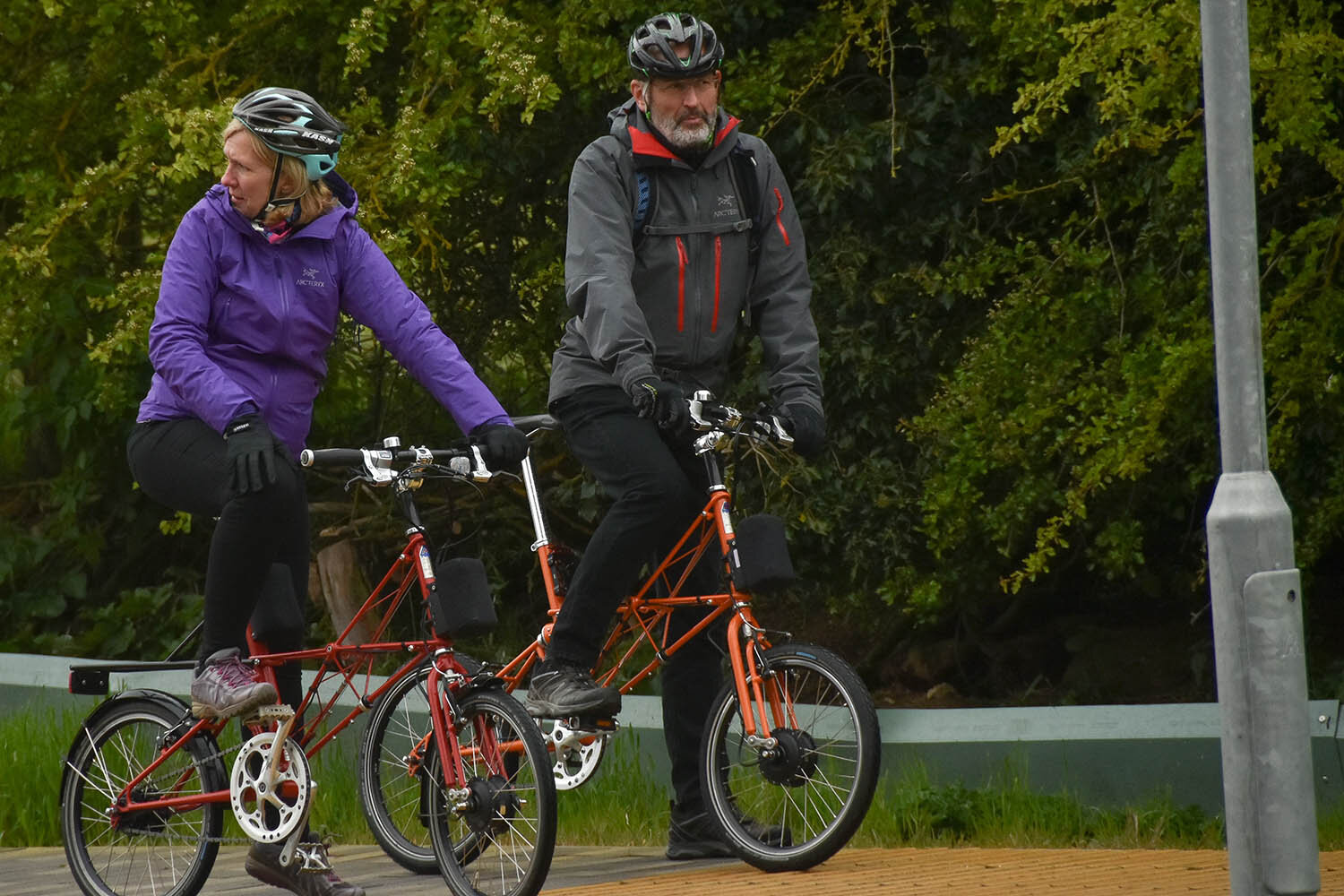eBike sales outnumber sales of electric cars in 2020
In a milestone review of the electric vehicle market, figures compiled by the Bike Association have shown that, for the first time ever, eBike sales outstripped those of electric cars for 2020, with some 160,000 eBikes sold last year.
Coming off the back of the Covid-19 pandemic and the socioeconomic effects of lockdown, it is worth asking what other contributing factors have led to this eBiking boom - indeed, has it just been down to the pandemic that cycling in general has been dramatically boosted for the first time in over 60 years? The answer is that business, government and social factors have coalesced at this time to drive the change.
For one, in the spirit of inclusivity, the bike industry is finally beginning to uncouple from the enthusiast and target the person on the street. With a message that cycling is accessible to all and does not belong wholly to lycra-clad men, advertising campaigns have departed from pushing cycling as a competitive sport to a beneficial lifestyle choice, particularly championing it amongst older and female cyclists, whose numbers have markedly increased over the past few years.
This demographic change is also connected to the greater accessibility of cycling infrastructure, which is crucial for encouraging anyone to cycle (77% of UK bike retailers believe the lack of safe and exclusive routes and bike parking to be the greatest obstacle to the industry). Thankfully, the Government seized the opportunity last year when the streets were quieter to introduce temporary cycle lanes, and while these have not been without their hiccups, it is a step in the right direction that seems to be policymakers' genuine long term goal.
Likewise are consumer trends and spending power leaning in favour of eBikes. For example, electric car ownership requires somewhere to park and charge the car. Yet young people, with on average less money than their parents’ generation, are less likely to own property of size with the capacity to store an electric car (if they can afford one in the first place). Meanwhile, eBikes (and e-scooters) are much more affordable, work in tandem with public transport, save on fuel, tax, parking and MOT fees, and are looking to be the more attractive long-term option. Meanwhile, in other areas of the market, businesses are taking serious consideration of using eBikes, in particular to cut down on their carbon footprint. This includes the use of cargo eBikes for delivery purposes, which Government has actively encouraged through their eCargobike grant scheme (with the goal to ultimately reduce the number of polluting delivery vans and lorries on British streets.)
eBike technology has also reached maturity at this critical time, with greater reliability and range as well as the integration of features like metrics, dashboards and power modes which compares them well to cars as commuter tools.
While supply issues have affected many eBike retailers in 2021, as things normalise, the industry looks to build extensively and we look forward to seeing how transport patterns change with their impetus.

